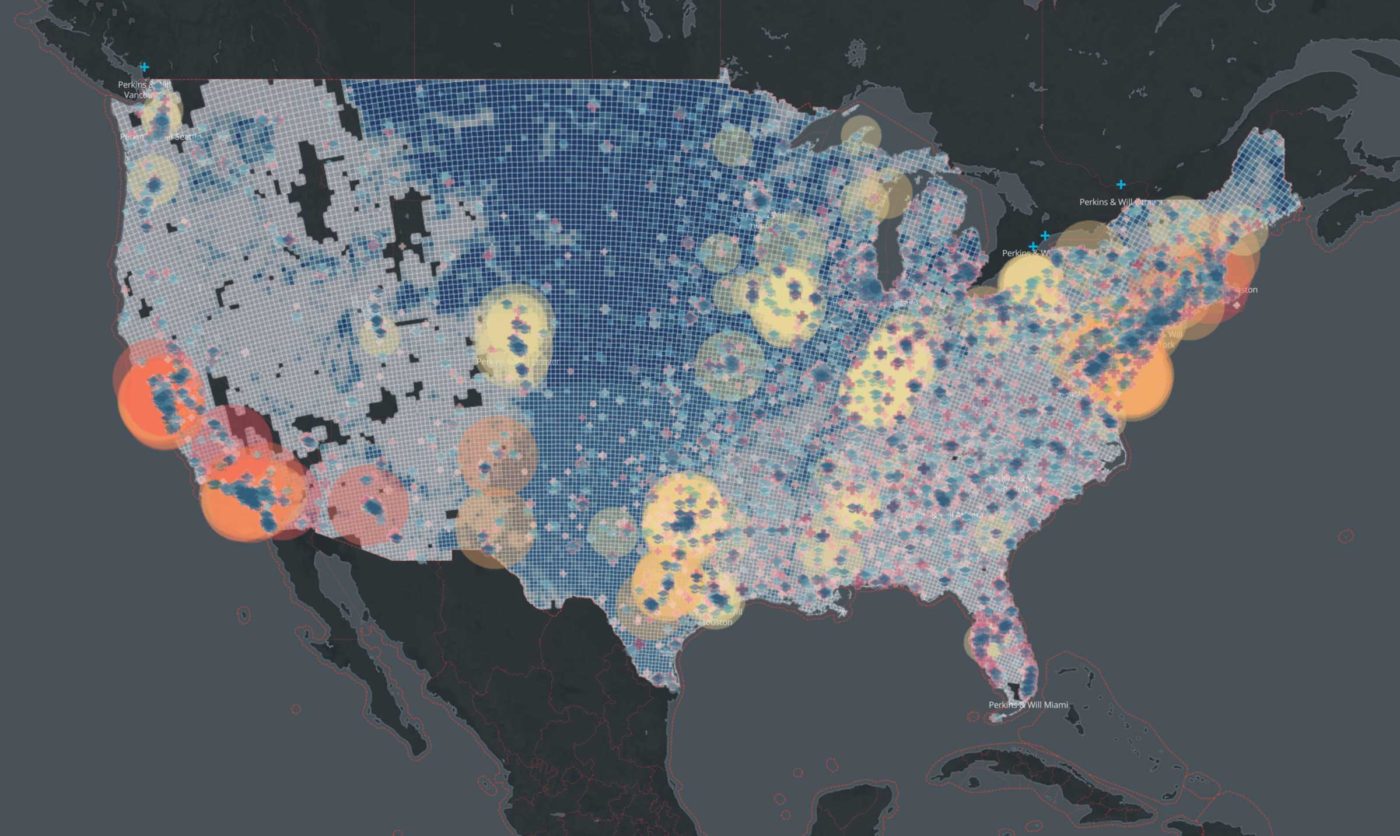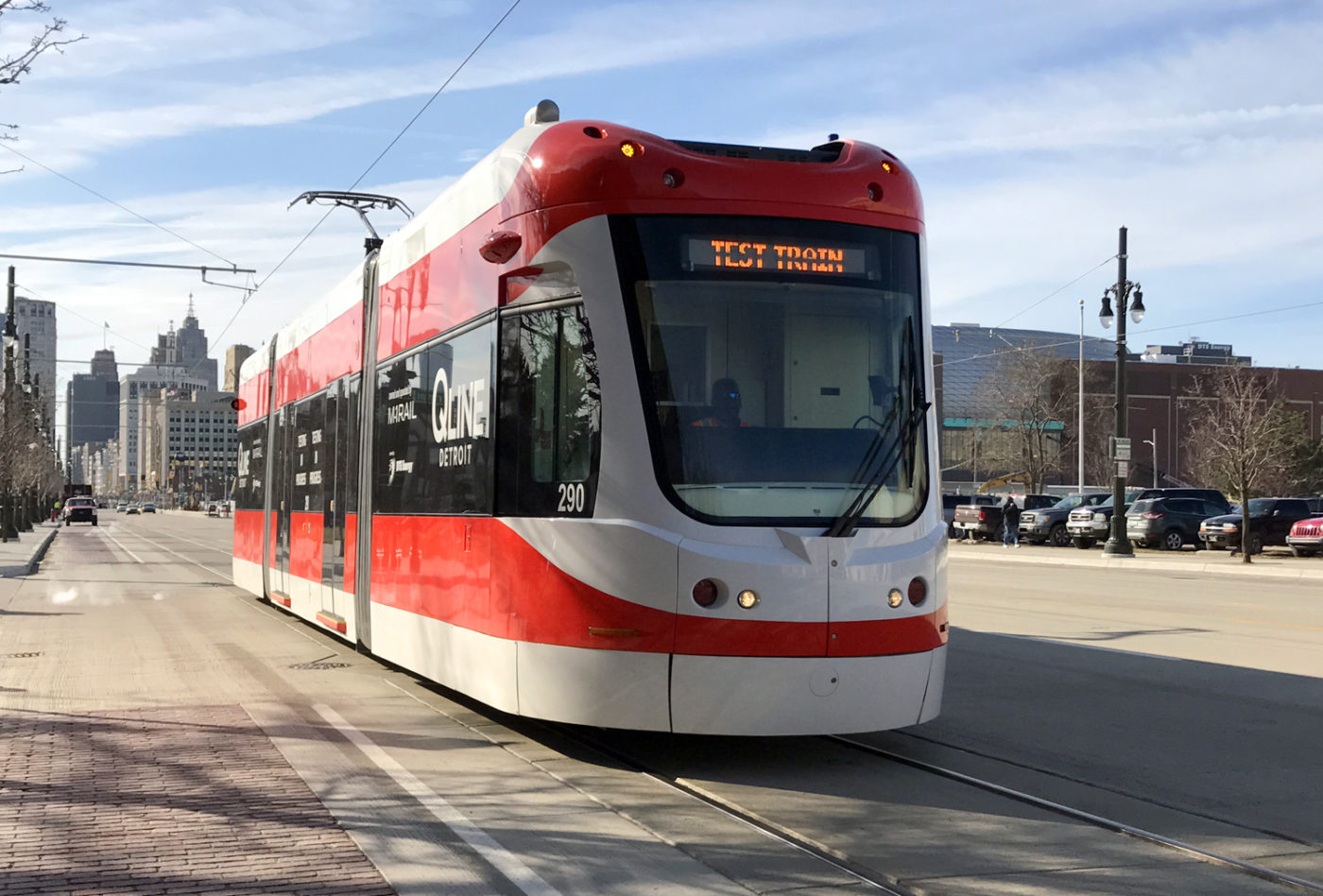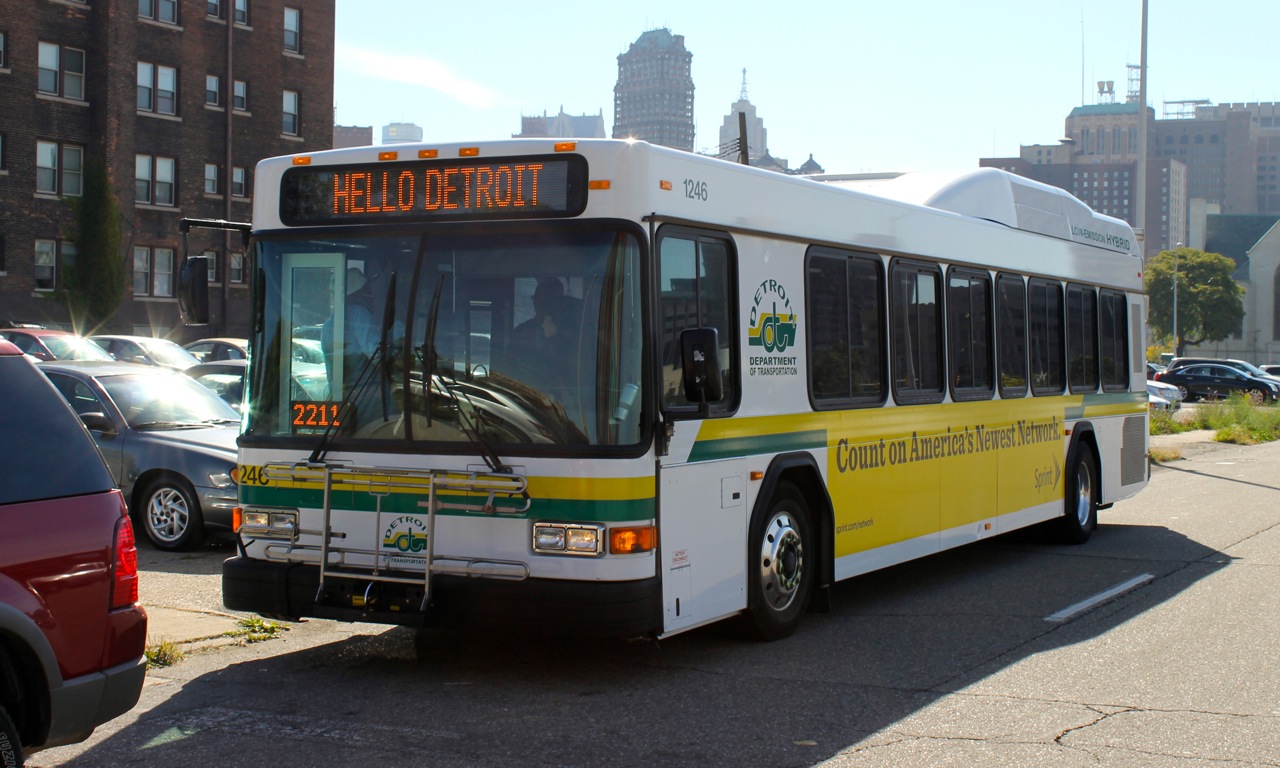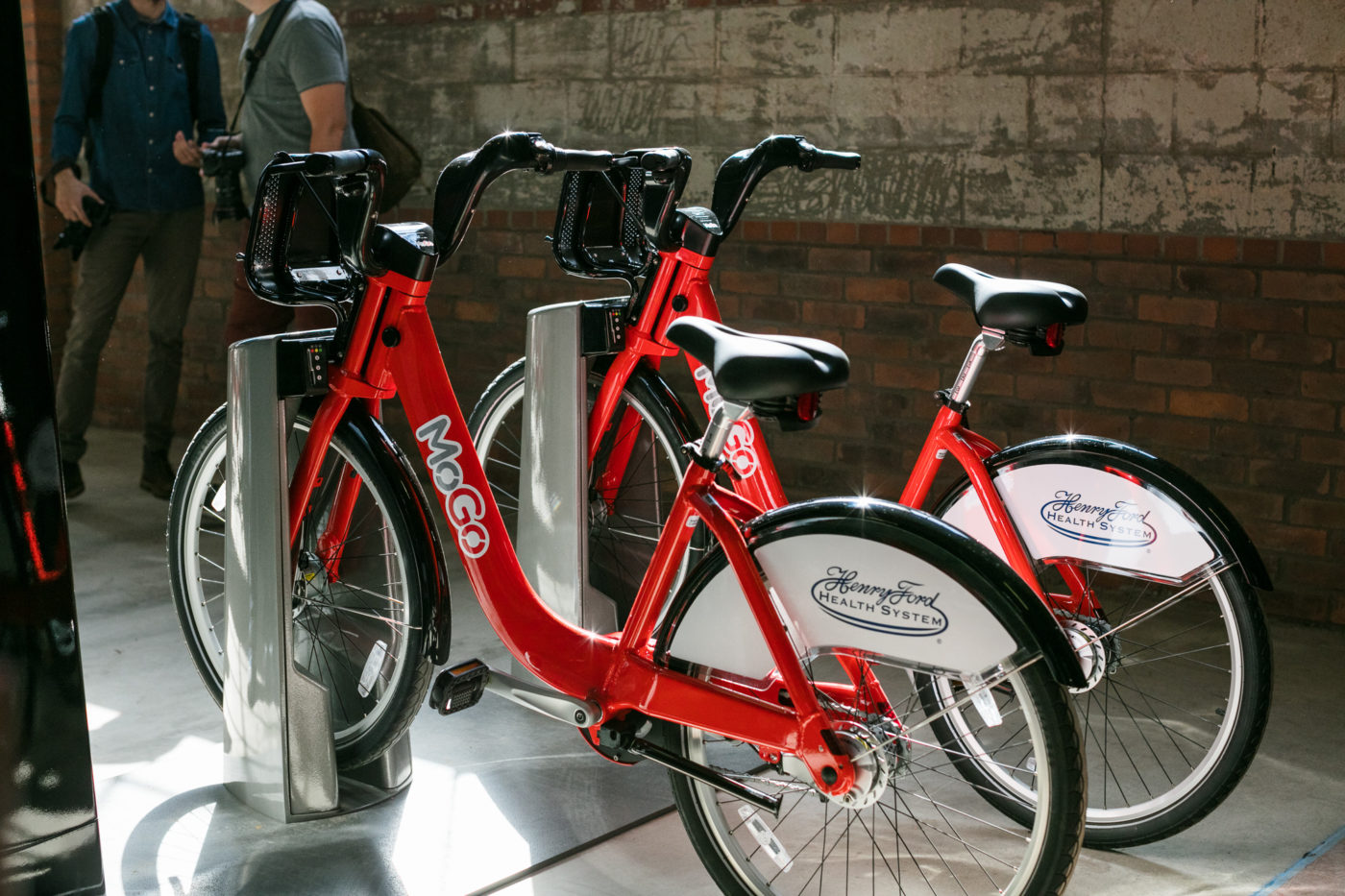How do you build a sustainability action plan?
The City of Detroit poses the following:
The goal of the Sustainability Action Agenda is to strengthen the economic, social, and environmental sustainability of Detroit’s residents, businesses and neighborhoods. The process will establish short term (6-18 months), medium term (18 months – 4 years), and long term (4-8 years) outcomes, goals, actions, and metrics through engagement with the broader community that will guide future government and community actions to improve the quality of life for Detroiters, provide greater economic opportunities, and address climate impacts.
Community engagement will play a foundational role in the creation of a Sustainability Action Agenda for the City of Detroit. Residents, City employees, and organizations all have specific issues, ideas, and even programs that address economic, environmental and equity issues in their neighborhood or organization. Residents are the experts on the issues that occur in their neighborhoods and so to craft an inclusive sustainability vision for the city, we need to fully understand the challenges and opportunities from their perspective.
The Office of Sustainability, in partnership with the consultants to this RFP, intends to engage community residents in multiple ways, through attending existing meetings, holding focus groups on specific areas, 3 using surveys, engaging Detroiters as “ambassadors” within their own neighborhoods, and other creative means to be proposed in responses to this proposal.
Many groups and individuals have addressed sustainability challenges within the city and the Office of Sustainability seeks to build upon that work that has already been done. City of Detroit departments are vital stakeholders to engage as the Office of Sustainability seeks to enable the City to embrace sustainability as a guiding principle.
There are many topics that can be addressed through sustainability planning; this scope of work will seek to explore and prioritize areas using stakeholder input. Most will entail cross-cutting issues such as social equity, job and economic development, and climate mitigation and resilience. Example topics to be addressed could include, but not be limited to: food; transportation and mobility; buildings and homes (energy); air quality; water; and solid waste.



